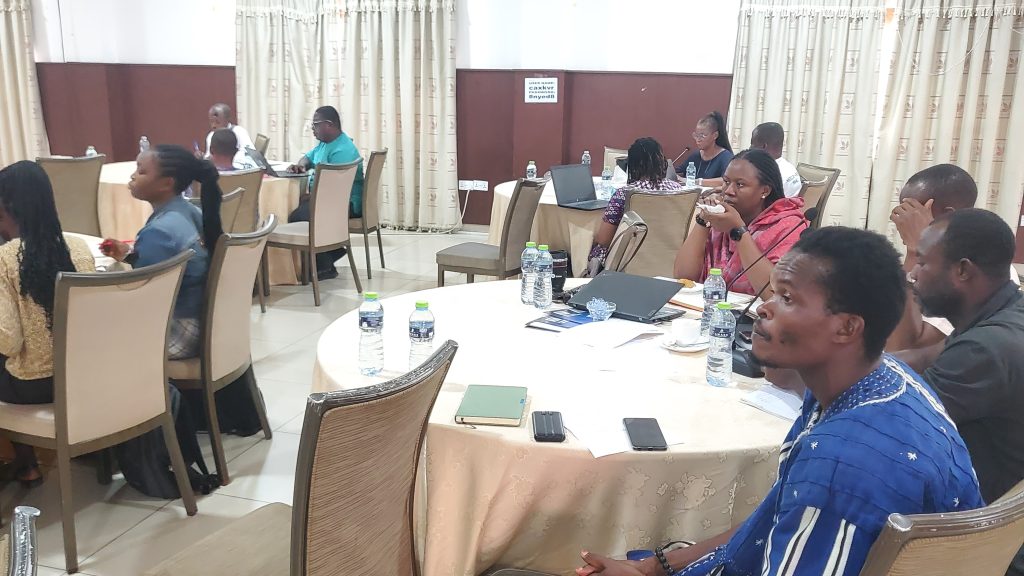Accra, Nov. 14, GNA – Dr Abdulai Darimani, Senior Lecturer, School of Natural Resources, University of Energy and Natural Resources, has called for increased understanding of the practice of Free Prior Informed Consent (FPIC) among the local communities for any development projects.
The FPIC is a principle that gives indigenous people the right to consent to or withhold consent from activities that may affect their lands, territories, or rights.
FPIC is intended to ensure that local peoples are fully involved in decision-making processes that impact them and that their consent is given freely and without coercion.
Dr Darimani said this in Accra during a joint meeting on FPIC organised by the TWN-Africa and Oxfam Ghana.
The meeting brought together stakeholders, mostly in the mining sector, to discuss FPIC practice in the country.
“I am not too sure we have domesticated and formalised the FPIC as declared by the United Nations.
“What we have been doing, in my view, has been putting emphasis on some elements of the free, prior, informed, and that element has to do with the Ghanaian law and, in practice, the emphasis on citizens’ participation in the project implementation,” he said.
He said in Ghana, with the impact assessment, there was a legal requirement and in practice where communities were called upon to participate in the whole process of FPIC.
“If you look at the entire decentralisation system in Ghana, it necessarily calls for citizens’ participation in local governance through the elected representative and the establishment of area and zonal councils,” he said.

The Pan African Parliament emphasises the need to ensure that every investment is approved by the FPIC practice.
“I don’t think the exercise of free has really touched ground in Ghana, and I don’t think the method of multiplication we have to do with informed has also been developed so much.
“Because people’s ability to participate and to express consent will depend largely on their understanding of what policy or programme is being implemented,” he said.
He said there was a clear synergy between the community project and the companies for effective implementation of the project.
“To develop a mining project, particularly if it is surface mining, which is mostly the case, will require vast tracts of land. And it is almost impossible for communities in that area to exercise their surface rights while the mining operations are going on.
“They have to be relocated or resettled. To do that requires that the state and the mineral rights holder engage such persons who will be affected. So there is a direct connection between the mining project and the FPIC.
On the framework of FPIC, he said the country could translate the essence of the practice into existing practice and law.
He called for effective collaboration between authorities and the local communities in implementing the FPIC practice.
The participants called for increased knowledge about FPIC practice in the country to ensure a win-win situation on development projects.
GNA